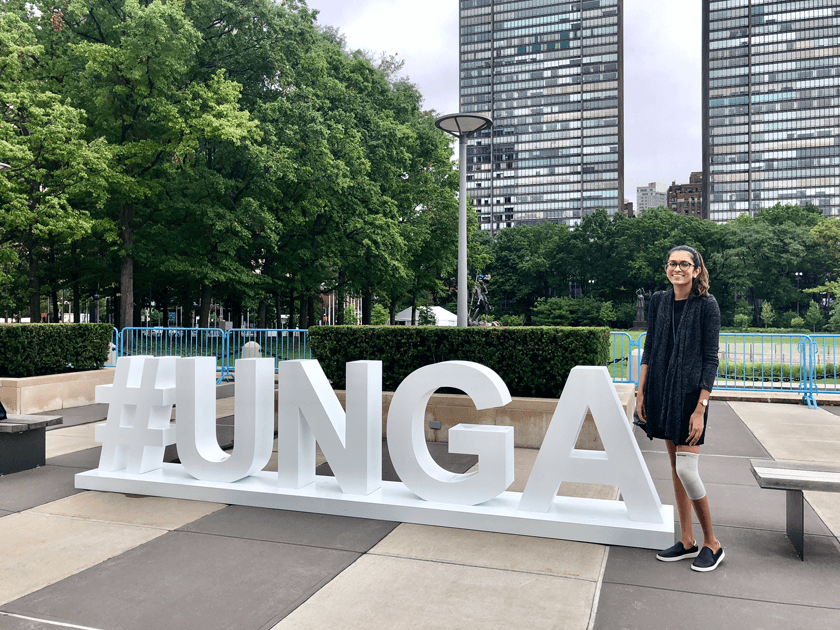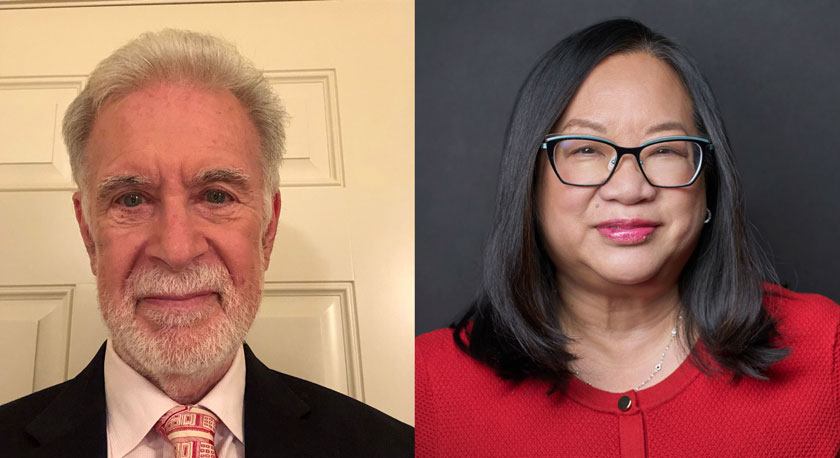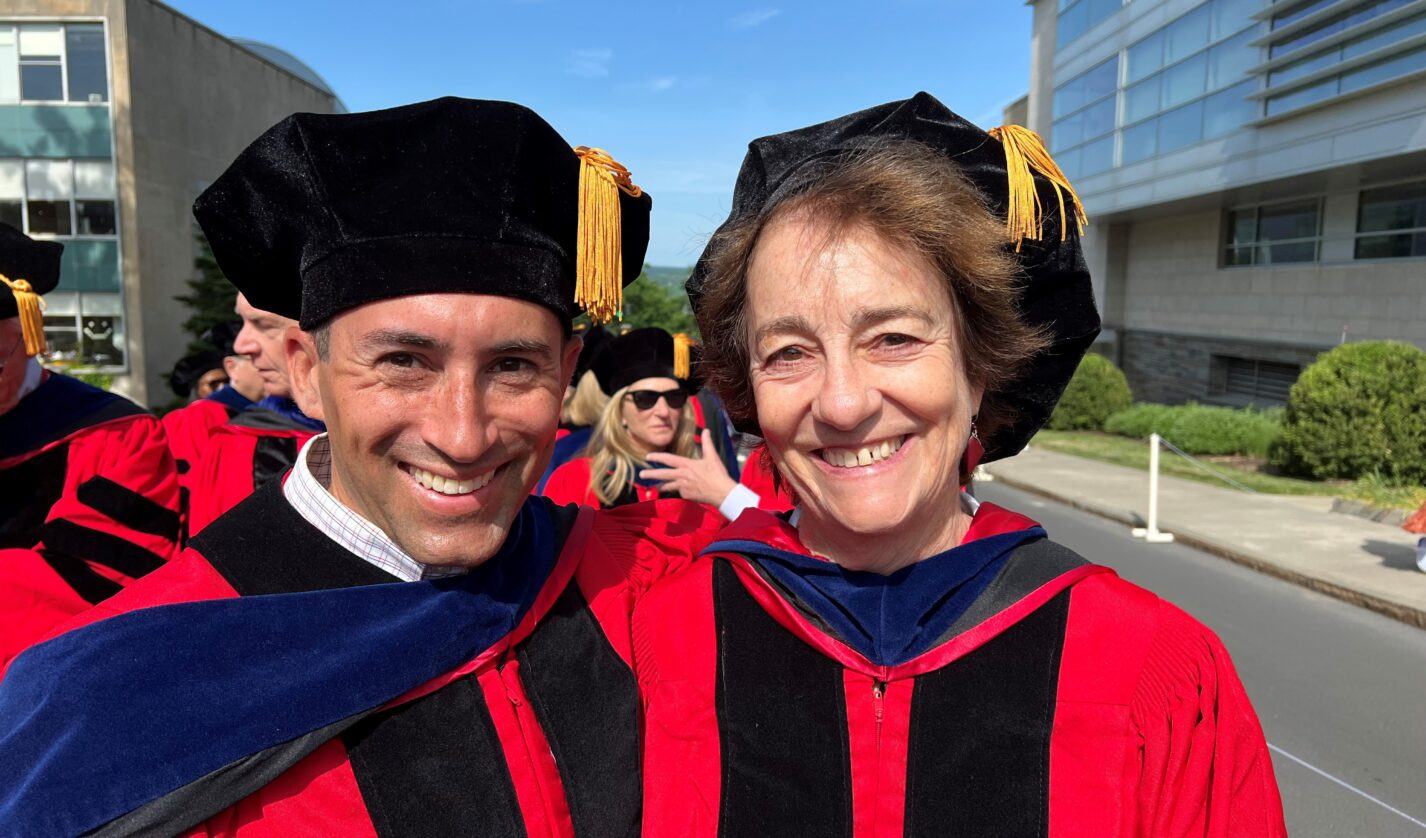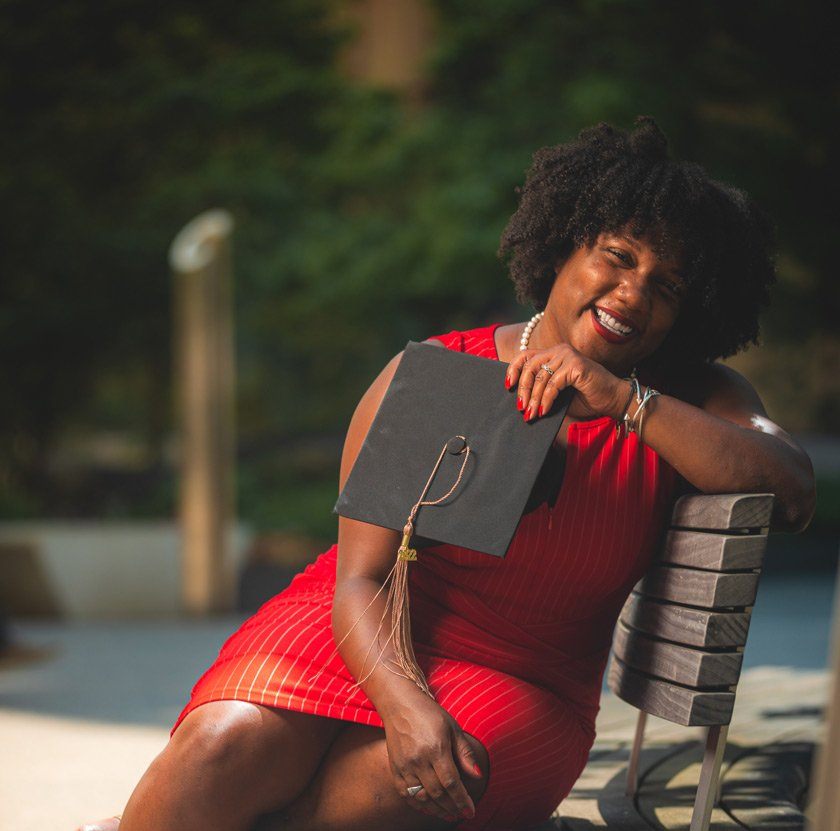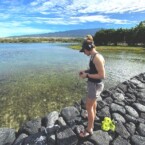Sanjana Patel is Strategic Partnerships Manager for the Global Partnerships team at Room to Read, a global education nonprofit focused on children’s literacy and girls’ education. Prior to Room to Read, she worked on new business development for UNICEF USA to diversify its revenue from institutional foundations and advance UNICEF’s global work in 190+ countries. Over the course of her career, she has also played leading roles in innovative social impact initiatives, including at the United Nations Development Programme (UNDP), Starbucks, Health Security Partners, and GlobeMed. Sanjana holds a Bachelor of Arts in Biology & Society from Cornell University and an MBA from Northwestern University’s Kellogg School of Management. In her spare time, Sanjana likes watercolor painting, cooking up a storm, and traveling the world.
What drew you to a career in social impact?
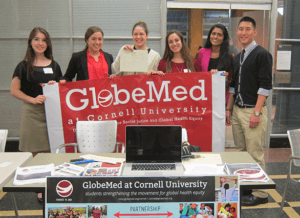
For as long as I can remember, I have been inspired by my late aunt. She was a renowned plastic surgeon in India—a feat for an Indian woman of her generation—and had impressively provided over 7,000 free surgeries over her lifetime to children with cleft palates through Smile Train. When I got to Cornell, I was able to discover what a path in social impact could look like for me. I applied and was selected to start a student chapter of GlobeMed, which was my first foray into the social impact space. I quickly learned how to build partnerships, whether internationally with a community health clinic in Ecuador or locally with the Ithaca Health Alliance, as well as grow and manage a student chapter, a team of classmates who were all committed to health equity and supporting the work of our partners.
What most excites you about your work?
I’m most excited by opportunities that further enable the already great work being done by individuals on the frontlines. There are incredibly skilled and committed individuals who have been working for decades on humanitarian and development issues in their communities but often don’t have the resources to continue or accelerate their work. I first learned that lesson when I was working with Dra. Alexandra Tamayo through GlobeMed at Cornell. She was the founder of our GlobeMed chapter’s partner organization CEPAIPA, an adolescent community health clinic that served a low-income community in Ecuador. By leveraging Cornell’s network and resources, our student chapter was able to provide financing so Dra. Alexandra and her team could provide preventive healthcare services, like STI testing, to young people in her community. Throughout my career, I have sought organizations and roles that help bolster existing work—whether an early-career scientist who is a part of Health Security Partnerships’ fellow program or a Room to Read Country Director who needs philanthropic funding to scale their education work to support more children.
In your career thus far, how have you found mentors and made connections along the way?
I would not be on the path I am now without mentors and allies. For example, I met Dr. Jason Rao through the Cornell-in-Washington program in the spring of my junior year. After graduating, I collaborated with him to launch Health Security Partners, an international development nonprofit rooted in global health and science diplomacy. Most recently, through the Women’s Impact Alliance (formerly The Coaching Fellowship), I had been working with an executive leadership coach. The program (which I highly recommend!) matches high-potential womxn in social impact with coaches to provide leadership development and access to a global network of like-minded womxn.
Do you have any piece of advice for Cornellians starting out or transitioning into a career in social impact?
Whether you are starting out or transitioning to a career in social impact, my biggest piece of advice is to be open to opportunities, both big and small, to build experience. While working at a large NGO or social enterprise is certainly attractive, I have had the most opportunity to learn and grow in smaller settings. In smaller organizations, you are typically more closely connected to the work on the ground and because resources are generally a bit tighter, you are more likely to have the opportunity to try different hats and figure out what resonates most with you.
What role has the Cornell network played along your career?
I mentioned Dr. Rao earlier, but the Cornell network has been important at every major inflection point in my career, whether it was looking for the next job opportunity or applying to business school. Cornell has a strong ‘pay-it-forward’ culture—all you have to do is ask! For example, when I was considering getting my MBA but was undecided, I reached out to several Cornell alumni on LinkedIn who had later gotten their MBAs. So many of them responded immediately and took time out of their busy schedules to share their candid insights and advice to help me make an informed decision about the next step in my career.
